Factors Influencing the Production Efficiency of Rockwool Sandwich Panel Production Line
The rockwool sandwich panel production line refers to the overall term for the production equipment and process flow used to produce rock wool panels. Rock wool panels are sound and thermal insulation materials made from raw materials such as rock fibers. They have good sound insulation, thermal insulation, fire resistance, and corrosion resistance, and are widely used in construction, power, petroleum, chemical, and other fields. This article will introduce the factors affecting the efficiency of the rockwool sandwich panel production line and the influencing factors of rock wool panels.
Factors Affecting the Efficiency of the Rockwool Sandwich Panel Production Line
Equipment Performance: Advanced automated rockwool sandwich panel production lines can increase production speed and accuracy, reduce downtime due to faults, thereby improving overall production efficiency.
Production Process: A reasonable production process flow can optimize the connection of each link, reduce unnecessary waiting and repetitive operations, and improve production smoothness.
Raw Material Supply: Stable and sufficient raw material supply is key to ensuring continuous production. If the raw material supply is insufficient or the quality is unstable, it will lead to production interruptions or frequent adjustments.
Operator Proficiency: Skilled operators can complete various production tasks quickly and accurately, reducing production delays and quality issues due to improper operations.
Production Planning and Scheduling: Scientific and reasonable production planning and scheduling can reasonably arrange production tasks according to order demand and equipment capacity, avoiding overproduction or underproduction.
Factors Affecting Rock Wool Panels
Density: The density of rock wool panels directly affects its thermal insulation performance and strength. Generally, the higher the density, the better the thermal insulation performance of the rock wool panel, but the strength may decrease.
Thickness: The thickness of the rock wool panel is also an important factor affecting its thermal insulation performance. Thicker rock wool panels can provide better thermal insulation effects, but they also increase the cost and weight.
Fiber Structure: The fiber structure of rock wool panels can affect their thermal conductivity and sound absorption performance. Finer fibers will increase the thermal insulation performance and sound absorption ability of the rock wool panel.
Fire Performance: Rock wool panels have good fire performance, which is one of the important reasons for their wide application in construction and other fields. Fire performance depends on the chemical composition and processing technology of the rock wool panel.
Surface Coating: Some rock wool panels may be coated with special waterproof treatments or coatings on the surface to provide additional protection and defensive functions.
Environmental Impact: Environmental impact factors of rock wool panels include energy consumption and emissions during the production process, as well as the disposal and recycling of waste rock wool panels. Sustainability and environmental friendliness are receiving increasing attention.


 CN
CN
 EN
EN
 fr
fr  de
de  es
es  it
it  ru
ru  pt
pt  ar
ar  th
th  pl
pl  ro
ro 

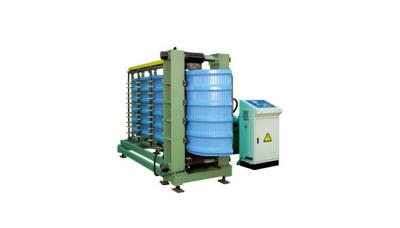
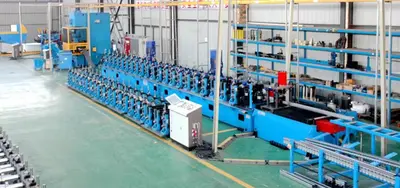
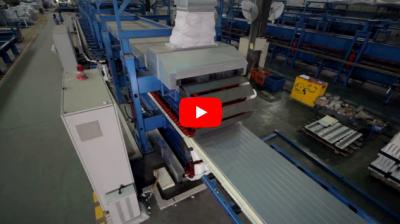
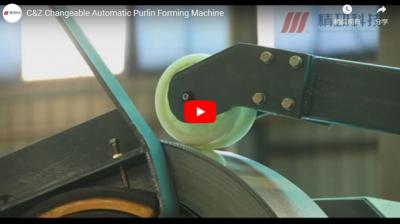
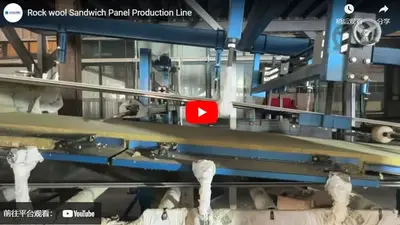

 Call us on:
Call us on:  Email Us:
Email Us:  #1809, Jianhu Rd, Keqiao, Shaoxing, Zhejiang, China
#1809, Jianhu Rd, Keqiao, Shaoxing, Zhejiang, China 